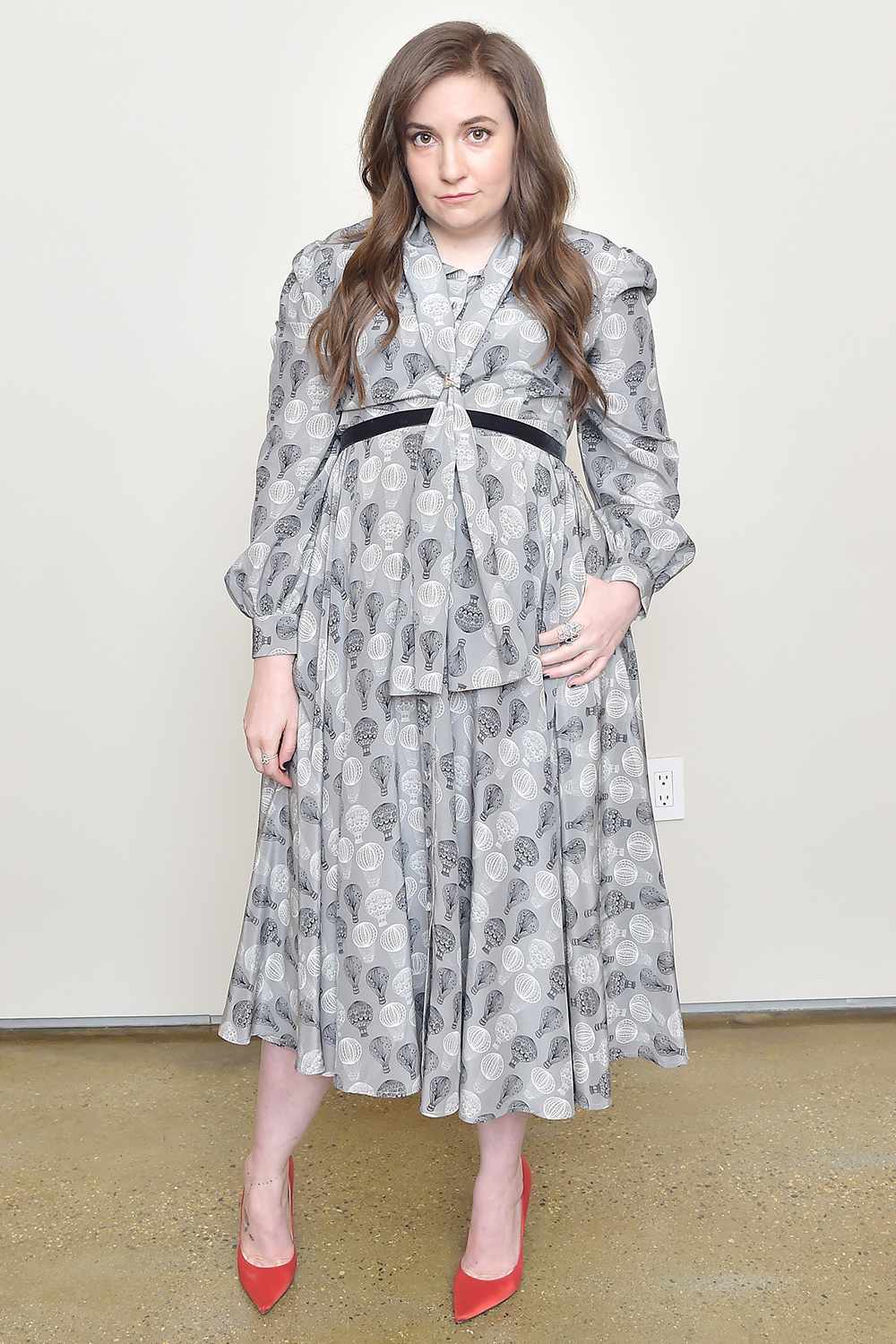
Lena Dunham is opening up for the first time about her journey toward motherhood via in vitro fertilization — and the difficult emotions surrounding the fact that it didn't pan out.
In support of her candid new essay for Harper's Magazine, the writer, director and actress, now 34, talked exclusively with PEOPLE about why she decided to open up about her experience with infertility, particularly after having her cervix, uterus and one ovary removed at the age of 31 due to chronic endometriosis.
After first exploring adoption, Dunham was surprised to learn from a new doctor that she "might have a chance of harvesting eggs" with her remaining ovary, which could ideally be fertilized via donor sperm and transferred into a surrogate in the hopes of resulting in a healthy baby.
Unfortunately, the process didn't go the way the Girls alum had hoped. "I learned that none of my eggs were viable on Memorial Day, in the midst of a global pandemic," she writes in her essay for Harper's. "I was in Los Angeles when I got the call from Dr. Coperman, the slight Jewish man who was my entry into (and now exit from) the world of corporate reproduction."
" 'We were unable to fertilize any of the eggs,' " Dunham recalled hearing from the doctor over the phone. " 'As you know, we had six. Five did not take. The one that did seems to have chromosomal issues and ultimately … ' He trailed off as I tried to picture it — the dark room, the glowing dish, the sperm meeting my dusty eggs so violently that they combusted. It was hard to understand that they were gone."
"This journey has forced me to rethink what motherhood will look like," Dunham now tells PEOPLE. "IVF destroyed my body — as a woman who tends towards rampant endometriosis, filling my body with estrogen … and because of what my body has been through, subjecting it to such excruciating pain, only to come to the end and learn those eggs were not viable after working so hard through illness and discomfort and going through anxiety and depression, it is just clearly not something I can ever repeat."
Never miss a story — sign up for PEOPLE's free daily newsletter to stay up-to-date on the best of what PEOPLE has to offer, from juicy celebrity news to compelling human interest stories.
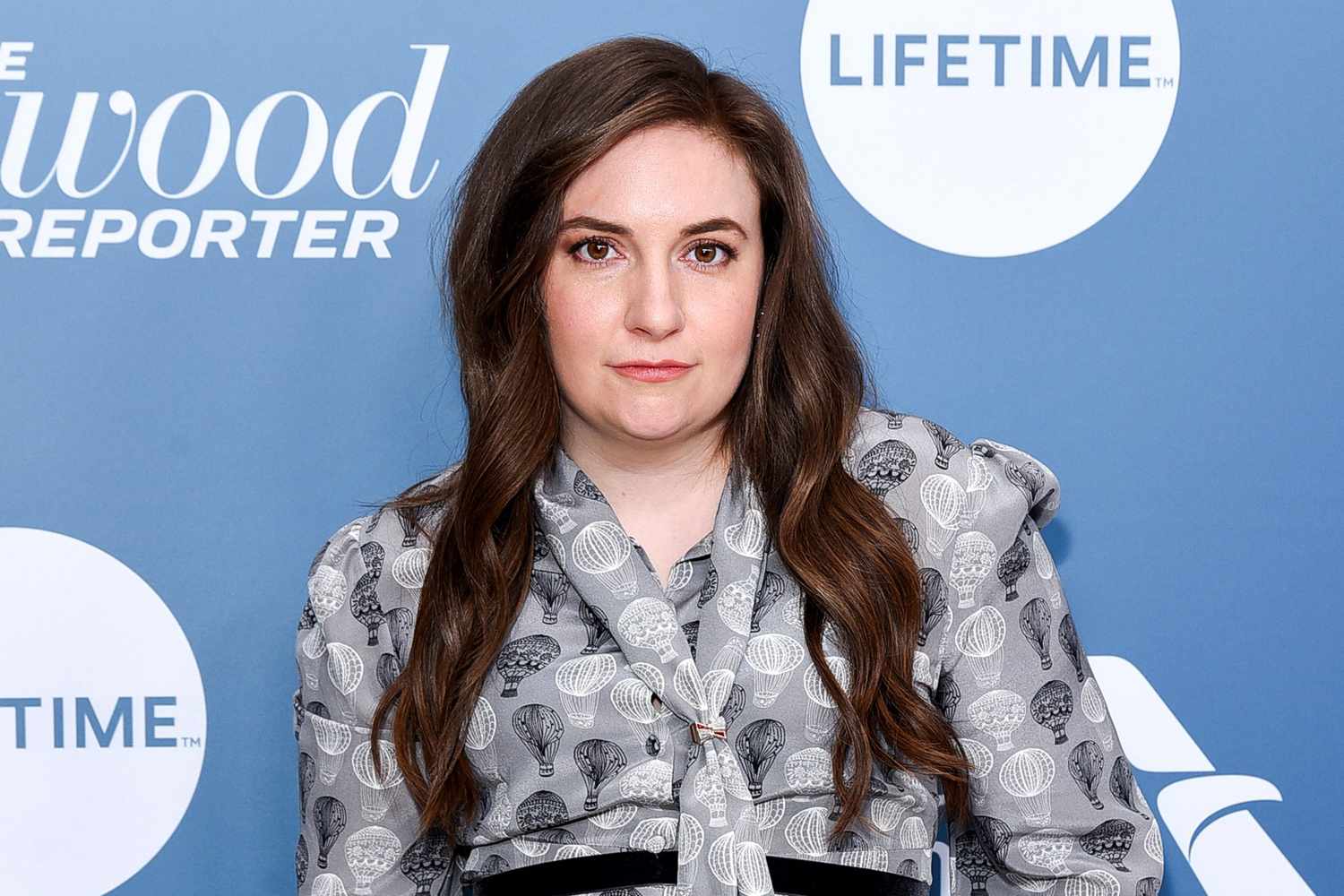
Lena Dunham Says Mother's Day Can "Summon a Tidal Wave of Grief"
"I think women often have a keen instinct about what is happening with their own bodies — and I had an instinct that it probably wouldn't work," she continues. "I had hopes it would, but to be honest, I'd already made my peace about becoming an adoptive mother. But then when everyone got so excited about there being this possibility that my one ovary could produce eggs, and with IVF and surrogacy, I could maybe still have a biological child, it pulled me away from what I think I already instinctively knew."
The actress adds of her journey that fertility has "been the defining topic for me, in many ways."
"My entire career, the thing that has felt like a driving factor for me in many ways has been this thought of, 'What can I do to normalize challenging topics that many women may feel like they are alone in experiencing but are actually universal and yet women have been made to feel shameful about?' " she adds. "Never has been that truer than in grappling with my infertility and the loss of my fertility, and the pain and the shame that came with it."
In her essay for Harper's, Dunham also recalls her experiences in rehab and time spent perusing IVF support pages on Instagram, where she initially felt she'd found a group of women who could best understand her pain. Once Dunham decided she was done with IVF, however, she realized it was time to leave those IVF accounts behind. As she writes in Harper's, "If there's one person less welcome among the IVF Warriors than a new mother, it is a woman who has given up on becoming one."
"I can't follow those same accounts, of IVF Warriors, anymore," Dunham tells PEOPLE now. "When it comes to IVF, when you're in it and doing it, it feels like a sisterhood, and when you leave it, it suddenly feels like you're looking over a fence into someone's very intimate backyard and you're privy to decisions that aren't yours to witness anymore. The moment I realized I was not going to be doing any additional cycles, I was not going to be using the rest of the hormones that I had in the fridge, I had to unfollow."
The Once Upon a Time in Hollywood actress also discusses in her essay how she has noticed the group is "mostly white," adding, "White women are five times more likely than women of color to undergo fertility treatment."
Now, Dunham says, her infertility journey has made her take an even harder look at her own privilege: "Women who look like me, women who come from privilege like me, we think we're going to get what we want, how we want it and when we want it. And we need to sometimes realize that we are going to accept an extreme change of plans and our life is going to look really different from what we had planned for ourselves, and that maybe that will actually be for the absolute best."
Dunham (who split from her boyfriend at the time of her fertility treatments) says in her essay that it feels "wild how far you can drift from yourself in the process of trying to get what you want."
"What started as wanting to carry the child of the man I loved became wanting to have a child with a man who was willing to help me have one," she writes. "Soon that became hiring a lawyer to draft a contract for a sperm-donor friend and calling a surrogate who came highly recommended by another celebrity. I was forced to admit just how much of it was about finishing what I started. I tried to have a child. Along the way, my body broke. My relationship did, too. In the process — because of it? — I became a functional junkie. I had lost my way, and a half-dozen eggs sitting in Midtown promised to lead me home. Instead, each step took the process further from my body, my family, my reality. Each move was more expensive, more desperate, more lonely. I stopped being able to picture the ending."
Lena Dunham Reflects on Her Time in Rehab: "Getting Sober Changed My Life"
Today, Dunham tells PEOPLE, she has come to realize "Infertility has a ripple effect — it's not just about not being able to have a child, it's about not feeling you understand your place and job in this world. Not understanding what your body was meant to do and not understanding what your role is as a woman, and I think it brings up that sense of feeling like you've lost your sense of your own role in the universe. There's a great gust of depression that comes with that, and for me, that depression was accompanied by addiction."
"So I had to really untangle all of that to realize that I was still going to become a mother, but I was going to do it on my own terms. But I could only do it by untangling all these strands of trauma and realizing we don't all get what we want," Dunham adds.
Following the failed IVF cycle, Dunham tells PEOPLE, "I decided I am not going to let myself mourn a set of children that weren't ever mine to begin with. Whether it's adoption or foster-to-adopt, I love the idea of becoming a mother in the way that's right for me, and I'm committed to it. And a lot of the work I do on myself now, in therapy and sobriety, is making sure I deal with my past trauma. And I push myself toward the best version of adulthood I know, so I know that I'm going into motherhood with the greatest set of tools that I can possibly have — so that Lena 3.0 is the best version I can be, the motherhood version."
Until that day, Dunham she has reached a point in her journey truly worth embracing — and one that will hopefully help others. "Now, my feeling is that when motherhood does happen for me, I hope to celebrate it in a way that is sensitive and honest about how long and hard my journey has been to get there," she tells PEOPLE. "When I'm lucky enough to be able to have a child in my arms, I will not take for granted how many stops, twists and turns it has taken for that child to be in my arms, and to be in my life. I hope that whatever I do is a testament to the fact that the modern journey to motherhood looks different for every single woman, and I hope that every woman who sees me on my journey recognizes that there are moments of joy even before a child enters your life."
"I am in a moment of joy right now feeling freedom from certain expectations, from the IVF cycles, and feeling joy just in the act of preparing my life to welcome a child," Dunham continues. "Working really hard, doing things I know I couldn't do if I had a baby in my life and getting myself ready emotionally for when that day comes. But absolutely, there are moments of joy and grace even before that child."


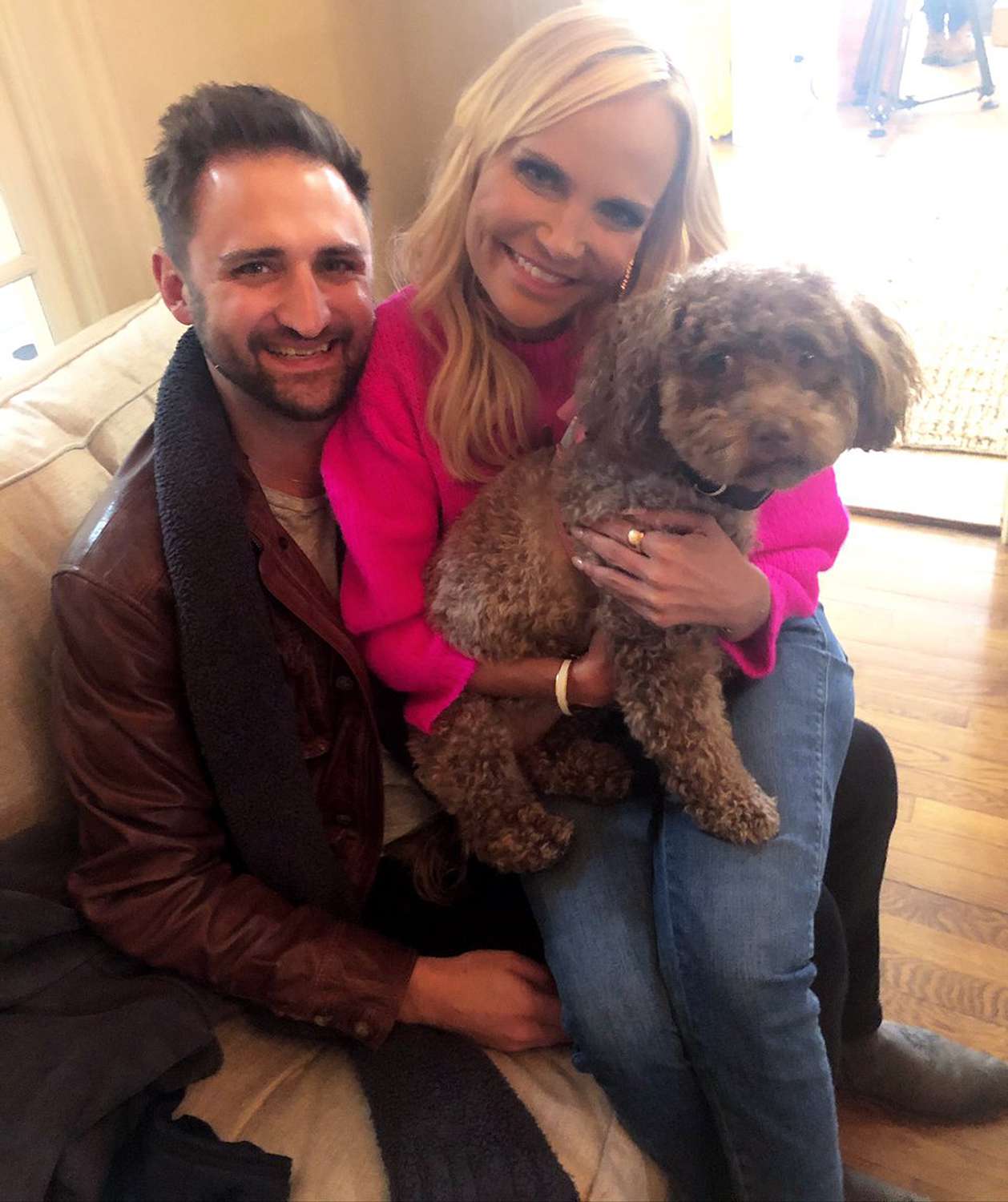
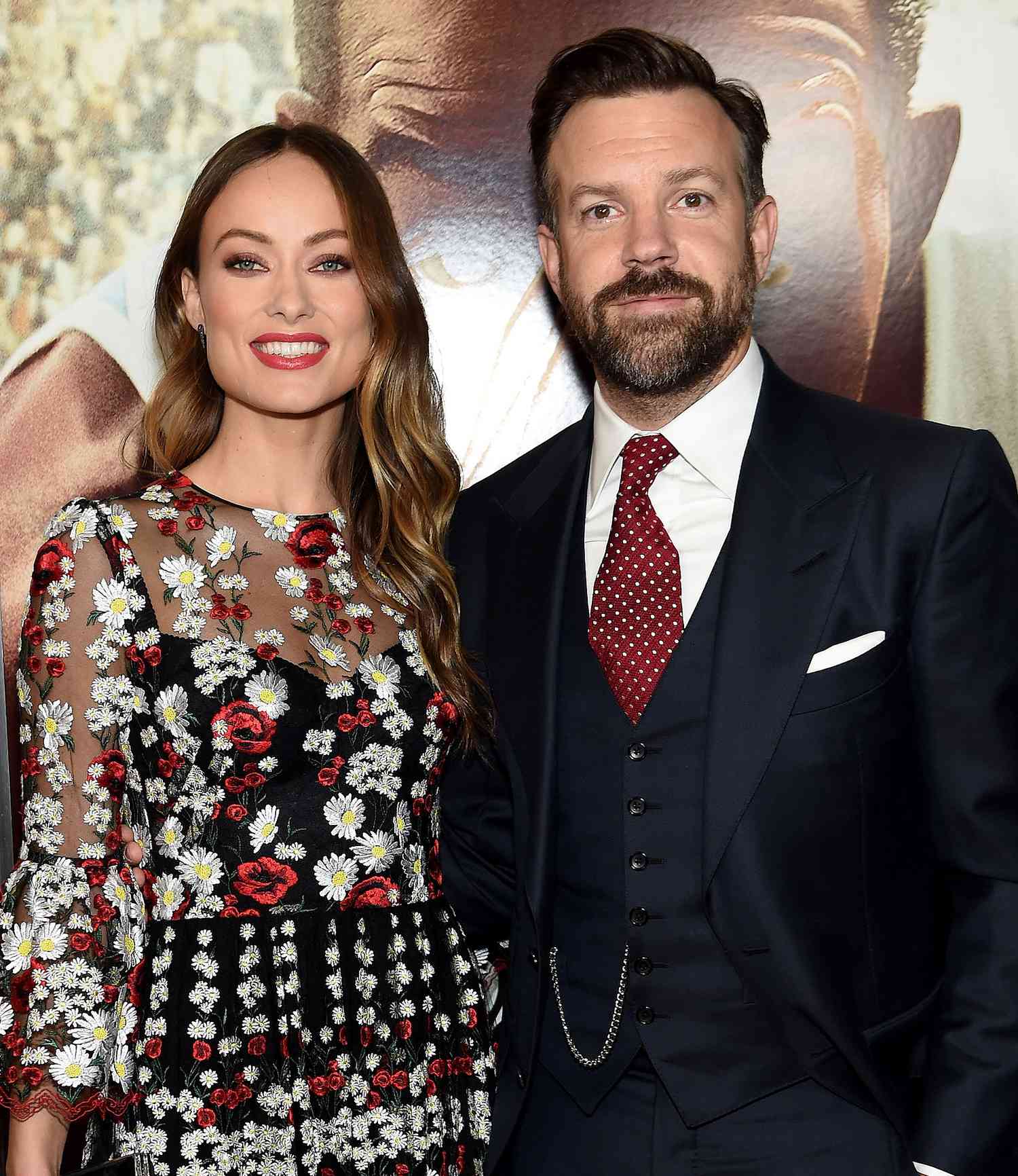
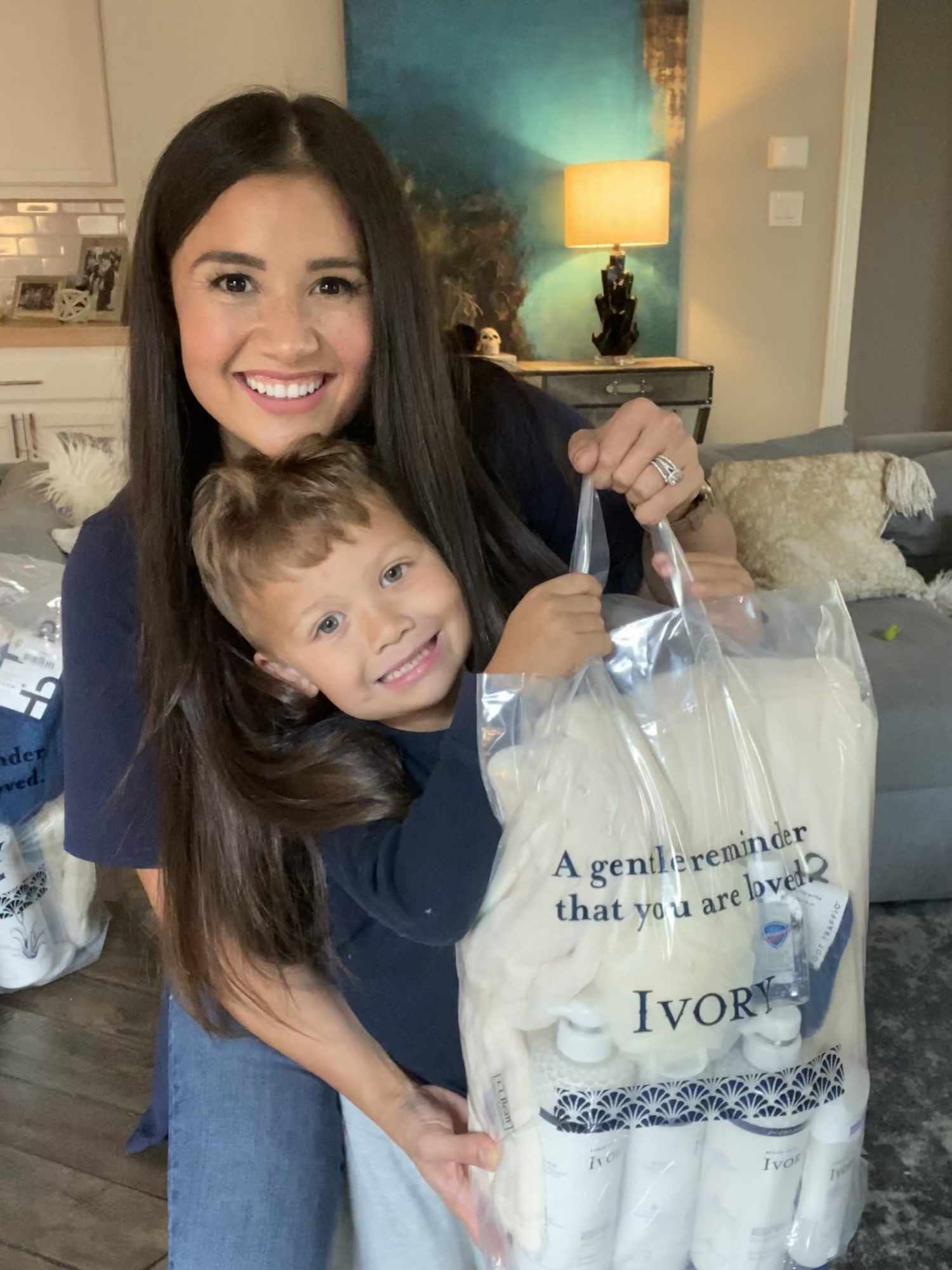
Source: Read Full Article